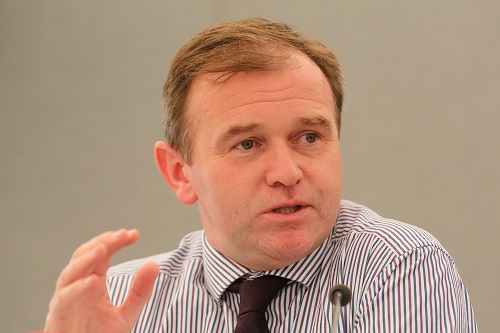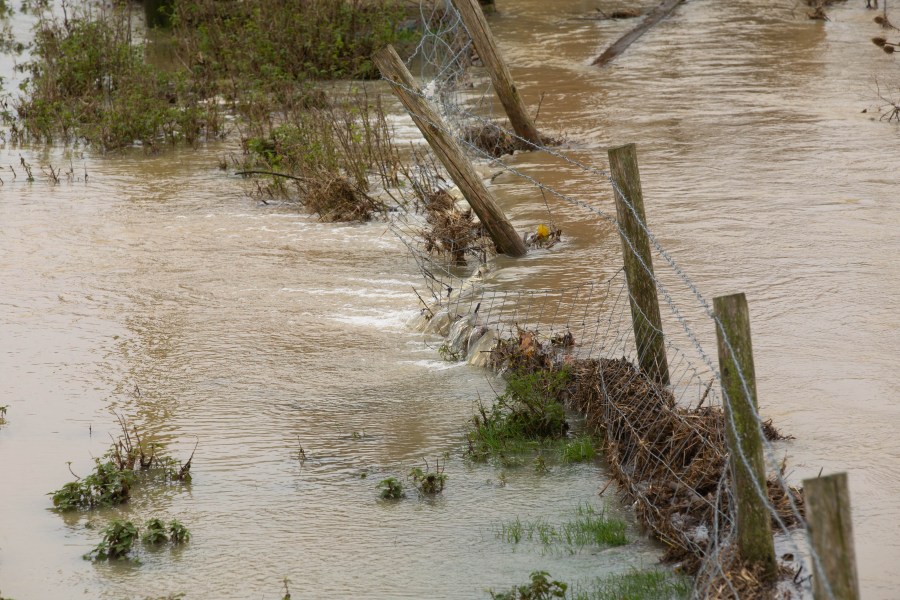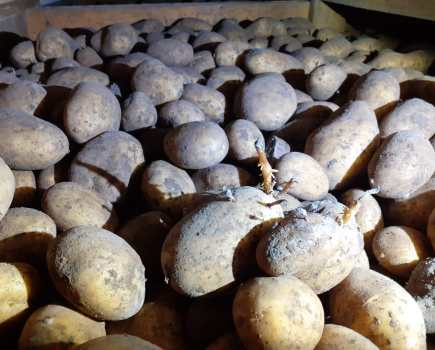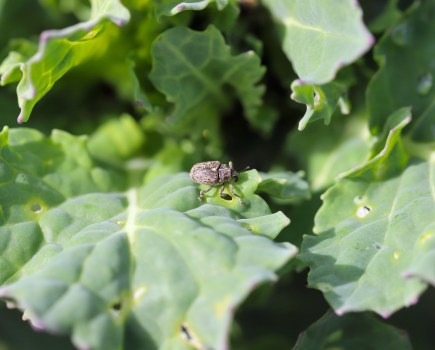Defra has come under fire from arable farmers for failing to respond to the pressures caused by floods and for miserable returns offered under Countryside Stewardship schemes, reports Tom Allen-Stevens.
With thousands of farmers across the country battling floods after Storm Dennis and unable to get onto their land to plant crops, farming organisations from across the UK have asked for an urgent relaxation of the three-crop rule, which requires farmers to have three crops in the ground on their farm between 1 May and 30 June.
The UK Farming Roundtable, which includes CLA, LEAF (Linking Environment and Farming), NFU, Soil Association and Tenant Farmers Association, met on Tuesday (18 Feb).
It has called for the government to grant a derogation from the rule and to broaden the extent of the Farming Recovery Fund to help flood-hit farmers with any uninsurable losses as a result of flooding.
Unprecedented situation
A joint statement from members of the UK Farming Roundtable said: “We are facing an unprecedented situation. Relentless rain has meant some farmers won’t have been able to get on their land since the autumn.
“A significant area of farmland is currently underwater following two storms in two weeks, compounding the already wet ground conditions from this winter. Many farmers were unable to plant winter crops and are now facing great difficulty planting spring crops.
“There will be many farmers out there really struggling; not just with the immediate impacts of the current flood water but the knock-on effects of damage to farmland and buildings, as well as significant impacts to this season’s cropping.
“They will be looking to the Government to be practical and we are urging them to grant a derogation from the three-crop rule, which is completely unworkable for farmers across the country this year.”
Poor returns
The call followed the opening by Defra of the application window for 2021 Countryside Stewardship (CS) last week (11 Feb).
Defra said CS had been simplified to provide a “long-term income stream to help farmers protect the environment” and that it is an “important stepping stone to future farming system”.
But it’s come under fire from farmers for the poor returns it offers for environmental work. Essex grower David Lord calculated he’d be paid just £50/ha for a whole range of environmental services. “Should I be feeling undervalued?” he tweeted.
“Really @Ruralpay, £8 per 100m to manage hedgerows is not going to enthuse much uptake for that option. Hedgerows are a massively under-utilised wildlife resource but need managing appropriately.”
Defra said that applying this year is the best way to prepare for the government’s future Environmental Land Management (ELM) Scheme, which will reward farmers for producing ‘public goods’, such as better air and water quality or improved access to the countryside.
The government will be rolling out a national pilot in 2021 to test how ELM works on the ground,
with the scheme expected to be fully operational by the end of 2024.

George Eustice guarantees that anyone who joins the new scheme will be able to leave their CS agreement early.
“Paying farmers for protecting the environment and enhancing animal welfare is front and centre of our future farming policy and entering a CS scheme is a good stepping stone to that future policy,” said Farming Minister George Eustice.
“There is nothing to be gained by holding back. We are guaranteeing that anyone who joins our new scheme in the future will be able to leave their CS agreement early in order to do so.”
Rural Payments Agency Chief Executive Paul Caldwell said: “We are continuously making Countryside Stewardship easier to apply for and simpler to administer, with full CS payments arriving in bank accounts much earlier this year than in previous years.”
But questions have been raised as to which authority will ultimately be responsible for CS. “We will essentially be running two CS schemes – originals under EU regulations and those under domestic rules,” an NFU source told CPM.
“Those entering new agreements will be under domestic regulations and able to exit early. Those under EU regulations, including those extending for one year original agreements, will still be under EU constraints. It’s likely to lead to some confusion within the industry.”
Query raised
In response to a query raised by CPM, a Defra spokesman said that Those farmers whose CS agreements come to an end at 31 Dec 2020 and are looking to renew are advised to join the simplified CS scheme and then transfer to ELM after its launch in 2024.
“Farmers [whose agreements come to an end this year] will be contacted by the Rural Payments Agency within the next few weeks and told whether they can apply for a one-year extension.
“Those signed up to CS who secure a place in the ELM pilot from 2021, or wish to enter the scheme when it is fully rolled out from 2024, will be able to leave their agreements at agreed exit points, without penalty.”
The ELM National Pilot is due to begin in late 2021. Information on how farmers can get involved has yet to be shared.




